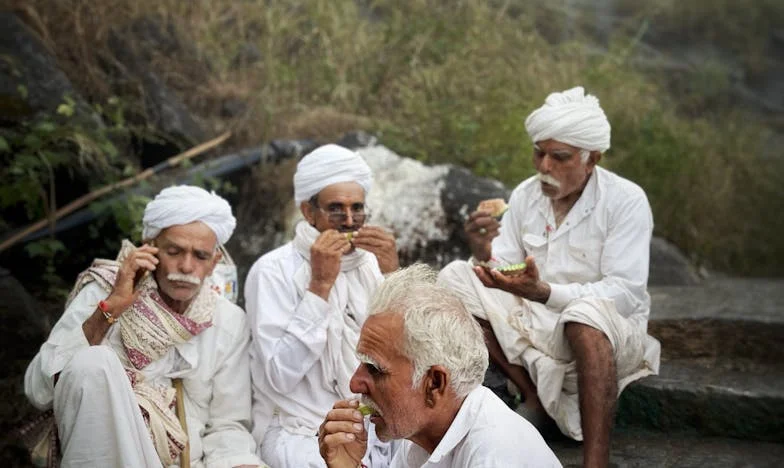Don’t Call After Nine: A Mother’s Midnight Reckoning
“Don’t call after nine!” That’s what I always told Maggie when she was little. Yet here I was, standing in the hallway, shivering in my old nightgown as the phone’s shrill ring sliced through the silence. My heart thudded. The digital clock blinked 9:31 PM. I hesitated, hand hovering over the receiver, already bracing for bad news.
“Hello?” My voice trembled, but I tried to sound stern.
Silence. Then, a whisper: “Mom?”
“Maggie? Honey, what’s wrong? You know you shouldn’t—”
“Can… can I come over?” Her words came out in jagged bursts, each one a shiver in the air. “Please don’t tell Dad.”
That stopped me cold. My mind raced. When my daughter called late, it was never for something trivial. I heard the muffled sound of traffic, a distant car horn, someone’s laughter—she was outside, not in her apartment.
“Baby, are you safe? Where are you?”
She gave me an address, not far from the train station. I threw on sweatpants, my mind swirling with possibilities—car trouble, a fight with her boyfriend, something worse. My hands shook as I grabbed my keys, praying this wasn’t another relapse.
The drive felt endless. Headlights blurred past as I replayed every argument, every slammed door, every time I’d said, “You know better, Maggie.” When I found her, she was sitting on the curb, arms wrapped around her knees, mascara streaked down her cheeks. Her hair was tangled, her breath sharp with vodka—again. My chest clenched. Not again. Not my girl.
She looked up, eyes pleading. “I’m sorry, Mom. I just… I had nowhere else to go.”
I knelt beside her, swallowing tears. “Let’s go home.”
The car ride was silent, the kind heavy with things unsaid. Back at my apartment, I tucked her in, just like I did when she was five and afraid of thunderstorms. I sat at the edge of her bed, watching her shiver, unable to sleep.
The next morning, sunlight crept across her face, illuminating bruises I hadn’t seen last night. My hands shook as I made coffee, the old drip machine sputtering and steaming. She woke with a groan, clutching her head.
“Do you want to talk about it?” I asked, voice gentle.
She stared at her coffee mug. “I messed up, Mom. Jason and I fought. He… he hit me.”
My breath caught. “He what?”
She flinched. “Don’t be mad. I know you never liked him. I should’ve listened.”
I wanted to scream, to call Jason and threaten him, to call the police, to do something. But I just sat there, fighting for composure. “Maggie, honey, you don’t deserve this. You know that, right?”
She nodded, tears brimming. “I know. I just… I keep screwing up. I drink, I yell. He says I make him angry.”
“No, sweetheart. His anger is his choice. You are not responsible for his fists.”
She snorted. “You always say things like that. But maybe I am. I’m just like Dad. I can’t stop drinking.”
I closed my eyes, feeling the ache of old wounds. Her father, my ex, drank through our marriage, each night ending in shouting or silence. I’d left him when Maggie was ten, thinking I could give her a better life. But cycles don’t break so easily.
“I know how hard it is to quit,” I whispered. “But you can. I’ll help you. I wish I’d done more before… I’m sorry.”
She looked at me, her eyes searching. “Did you ever hate me? For being like him?”
My heart broke. “Never. I hate the pain, not you. Never you.”
We sat there, two broken women clinging to the thin thread of forgiveness. I wanted to fix everything—to rewind time, to hold her tighter when she was little, to warn her about the boys who’d use her kindness as a weapon. But all I could do was hold her hand.
Later, as she slept, I called my sister, Carol. “She’s here again. Drinking. Bruises. It’s worse this time.”
Carol sighed. “You can’t save her, Amanda. She has to want it.”
“I know. But what if she can’t? What if she ends up like—” My voice caught. Like her father.
Carol was silent for a moment. “Just love her. That’s all you can do.”
The next day, Maggie agreed to go to a meeting—just one, she said. I went with her. The church basement smelled of coffee and hope and old regrets. She sat beside me, squeezing my hand as people shared their stories. I saw a flicker of something in her—fear, yes, but maybe hope, too.
Afterwards, we walked home in the chill evening air. “Do you think I’ll ever get better?” she asked.
I stopped, turning to face her. “I don’t know, honey. But I know you’re not alone. Not anymore.”
She smiled, small and trembling. “Thank you, Mom.”
That night, as I braided her hair before bed—like I did when she was a girl—I thought about all the ways we fail and forgive, the ways we hurt and heal. I wondered if love was enough to break the chain.
Sometimes, in the middle of the night, I ask myself: Can we really save the ones we love, or do we just stand beside them in the darkness, holding their hand until the dawn?
